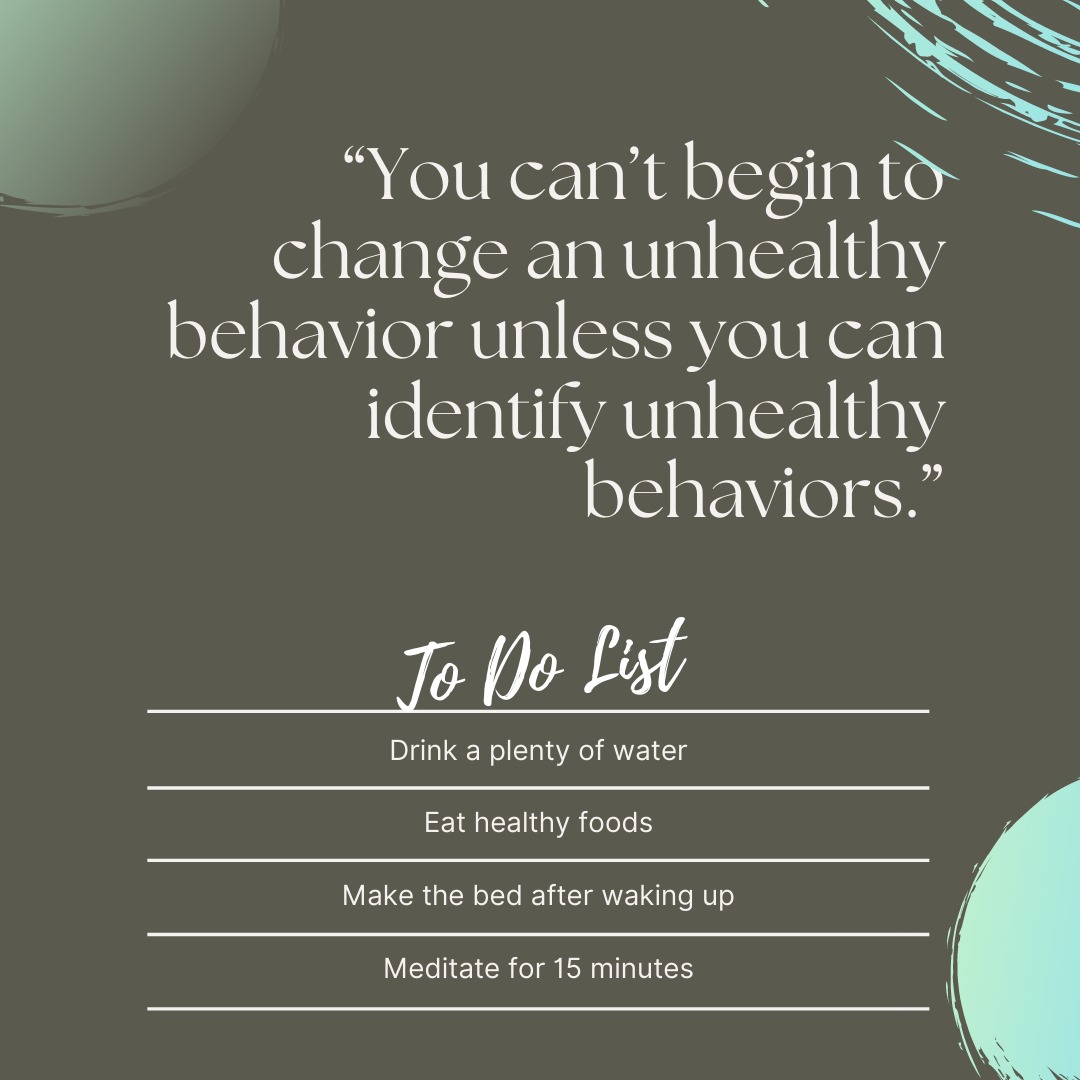What is a wellness program?
A wellness program is any kind of organized activity designed to improve and support the emotional, mental and physical health and fitness of individuals, Wellness programs could include fitness programs, health screenings and preventative care and include activities like:
Stress management education
Smoking cessation programs
Exercise programs
Weight loss competitions
Wellness assessments
Yoga and Meditation Retreats
Mindfulness Programs
Alternative Herbal Medicines and Homeopathy
Gastronomy Planned programs
Wellness necessitates the adoption of healthy habits. There are numerous elements that influence our health and wellness, but none are more significant than our habits. Large epidemiological studies involving hundreds of thousands of people provide us with all of the data and justification we need to retain our focus on assisting workers in changing their behaviour. 70% to 90% of all strokes, heart attacks, malignancies, and certain types of diabetes are directly tied to what we eat, how much we exercise, and whether or not we smoke. This means that the majority of chronic diseases are caused by putting the incorrect items in our mouths, not moving around enough, or smoking, stressing our nervous systems more than we could take.
Other areas that Wellness Programs sometimes tackle is stress at work, while stress is inevitable in the workplace, a wellness program may aid in the reduction or elimination of long-term stress, which affects productivity and leads to unneeded sick leave. You may increase your team's performance and employee retention by establishing a wellness program that focuses on lowering stress in the workplace.
The COVID-19 pandemic has induced social isolation, fear, uncertainty, anxiety, and economic hardship, causing a lot of mental stress globally, which could lead to a global mental health crisis, according to a recent United Nations (UN) report. What is worse, while physical distancing has proven effective in reducing COVID-19 contagions, it directly undermines real-world social interactions, networks, and bonds among people. This highlights the importance of promoting “wellness,” which is the active pursuit of activities, choices, and lifestyles that lead to a state of overall health.
According to CDC, Stress can cause the following:
• Feelings of fear, anger, sadness, worry, numbness, or frustration
• Changes in appetite, energy, desires, and interests
• Difficulty concentrating and making decisions
• Difficulty sleeping or nightmares
• Physical reactions, such as headaches, body pains, stomach problems, and skin rashes
• Worsening of chronic health problems
• Worsening of mental health conditions
• Increased use of tobacco, alcohol, and other substances
Wellness is multidimensional and leads to holistic health, happiness, and well-being. The most important components are physical, mental, and social well-being. Wellness is critical to development.
Wellness promotion in these methods will assure a strong and long-term recovery from the pandemic, partly because wellness has long been an important aspect of the global and regional economies, even before COVID-19 occurred. Wellness-related businesses can play a major role in making lives better and help with the GDP of any country.
